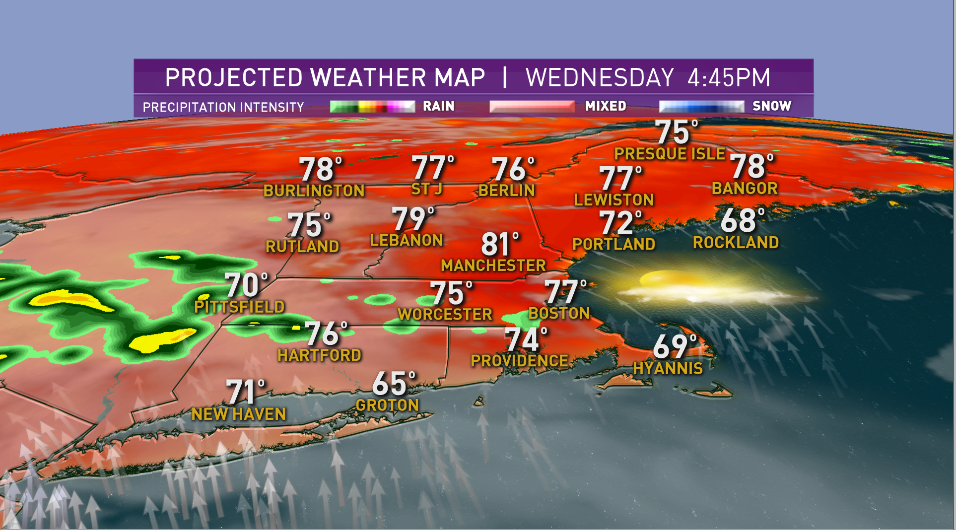The Steamship Authority of Massachusetts is asking travelers to bring cash for tickets and parking as the ferry service continues trying to recover from a ransomware attack.
Customers were unable to book or change reservations online or by phone for the largest ferry service to the islands of Martha's Vineyard and Nantucket after the cyber attack occurred early Wednesday.
WATCH ANYTIME FOR FREE
>Stream NBC10 Boston news for free, 24/7, wherever you are. |
The Steamship Authority said Wednesday that a "team of IT professionals" was working to assess the impact of the ransomware attack. In an update Thursday evening, the Steamship Authority said it believed online and phone reservations would continue to be impacted by the attack Thursday.
Get updates on what's happening in Boston to your inbox. Sign up for our >News Headlines newsletter.
Spokesperson Sean Driscoll said in a statement Thursday that the agency is also working with federal, state and local authorities, to determine the extent and origin of the attack. The Steamship Authority is waving rescheduling and cancellation fees and will continue to honor existing reservations at terminals.
The Steamship Authority said earlier that "there is no impact to the safety of vessel operations," as the issue does not affect radar or GPS functionality. Scheduled trips to both islands continue to operate, with delays possible related to the ticketing process.
The Steamship Authority said additional information will be provided as it becomes available.
The attack comes just days after Massachusetts lifted its COVID-19 pandemic restrictions and mask mandate and right at the start of the state's summer tourism season.
Ransomware attacks involve malware that encrypts files on a device or network that results in the system becoming inoperable. Criminals behind these types of cyberattacks typically demand a ransom in exchange for the release of data.
Cyber security expert Matt Kozloski of the Winslow Technology Group explained the process of addressing ransomware attacks like this latest case.
"There's probably some level of incident response going on," Kozloski said. "Trying to understand what happened, how they got in, what exactly was lost and most importantly how can they get their systems online safely and as quickly as possible."
Several major U.S. companies have been victims of cyberattacks recently.
JBS Foods, a major meat processing company, said this week it had been affected by a cyberattack that shut down processing plants in North America and Australia.
A cyberattack last month on the Colonial Pipeline, the largest U.S. fuel pipeline, forced its closure and led to long lines and panic buying at gas stations in the Southeast.



